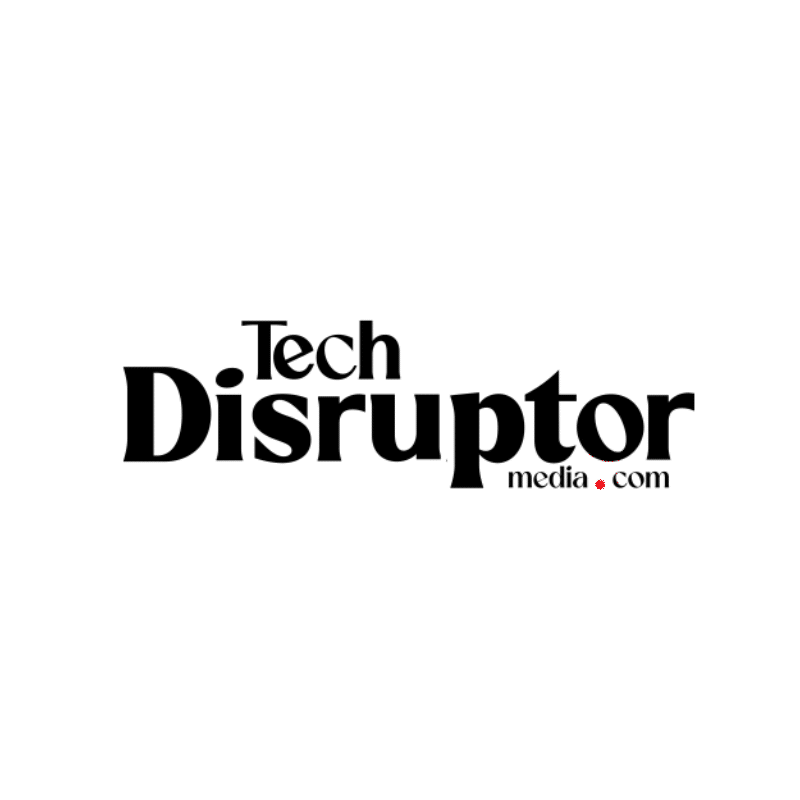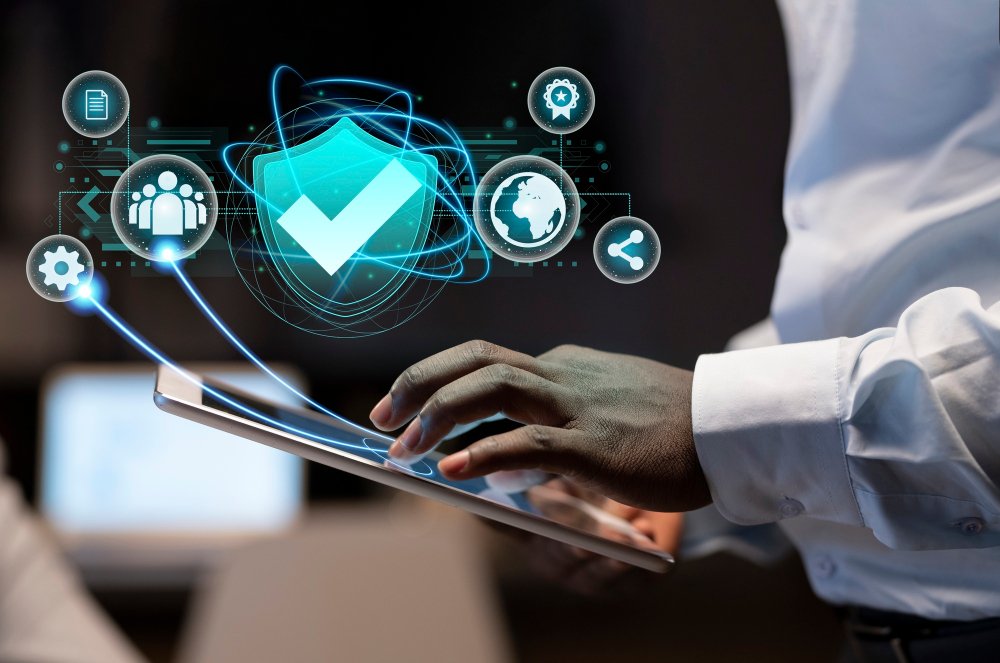According to a 2024 IDC report, over 70% of large hospitality groups in Asia have initiated cloud migration or rolled out AI-led customer engagement platforms, with similar investments observed in financial services, retail, and healthcare.
Elevating the Customer Experience through Technology
Enterprises across sectors are experiencing unusual pressure to innovate as digital-first customer expectations soar. One example from the hospitality industry underscores how leveraging technology—such as digital menus, touchless ordering, and personalized services—can drastically enhance operational efficiency and guest experience. Replacing physical menus with tablets addressed hygiene concerns, improved aesthetics, and gave customers greater flexibility in browsing and ordering. The seamless introduction of new dishes became almost instantaneous, eliminating delays and reprinting costs typically associated with traditional menus.
Notably, organizations must recognize generational and personal preferences—digital solutions were implemented alongside the continued availability of physical menus for those uncomfortable with a fully digital interface. This hybrid approach ensures inclusivity without sacrificing innovation.
Transforming Legacy Systems and Driving Buy-In
The shift from legacy, fragmented systems to integrated, cloud-based ERPs (Enterprise Resource Planning) remains pivotal for large, established enterprises. Modern ERPs and real-time data visibility are not just about operational upgrades—they are foundational for layering advanced analytics, loyalty programs, and business intelligence across the enterprise. Crucial to successful digital transformation is securing buy-in at every organizational level—from the board to frontline staff—through open communication and reassurance about the future value and opportunities these changes present.
The Role of Data in Loyalty and Decision-Making
For many organizations, moving beyond manual data management (e.g., using spreadsheets) toward automated, analytics-driven insights is a transformative journey. With robust data foundations in place, enterprises can implement dynamic loyalty programs, enable real-time business intelligence, and inform agile business decisions. Enterprises in any sector should recognize that incremental, phase-wise implementation is often the most practical approach for lasting results.
Cybersecurity and Zero Trust: Mitigating Modern Threats
Data privacy and cybersecurity are now front and center—especially for enterprises handling sensitive customer information or operating under strict regulatory regimes. Embracing a “zero trust” security framework, characterized by strict policies, restricted data access, real-time monitoring, and accountability at all organizational levels, is rapidly becoming an industry standard. This multi-layered defense mitigates both external and insider threats and ensures rapid business recovery during an incident.
Emerging Technologies: Purpose-Driven Adoption
Emerging digital tools—artificial intelligence (AI), cloud computing, IoT, and robotics—are poised to revolutionize enterprise operations, but their deployment must be purposeful and aligned with organizational goals. For instance, AI-powered personalization can deepen customer engagement by recommending tailored offerings based on historical preferences. Touchless payments and seamless integration with digital ordering platforms boost user trust and streamline backend operations. The lesson: invest in technologies that directly advance business strategy and customer value, rather than chasing trends for their own sake.
Leadership Insights: Aligning IT with Business Vision
Technology leaders stress the necessity of aligning every IT initiative with the organization’s core vision and stakeholder needs—be they customers, vendors, or employees. Success demands cross-functional collaboration, a strong data culture, and clear accountability for data stewardship. Leadership must champion robust processes for data quality, foster open dialogue across business units, and prioritize talent development and upskilling to retain institutional knowledge and build future capabilities.
Key Takeaways for Enterprises
| Strategic Pillar | Enterprise Lesson |
|---|---|
| Customer Experience | Blend digital and human-touch solutions; emphasize personalization |
| System Modernization | Use ERP/cloud as a foundation for scalable innovation |
| Data-Driven Decision Making | Lay robust data pipelines for real-time analytics and business agility |
| Cybersecurity | Implement zero trust frameworks and restrict data access |
| Purposeful Tech Adoption | Align emerging technology rollouts with strategic goals |
| Leadership & Culture | Encourage buy-in, cross-functional teamwork, and ongoing employee growth |
Conclusion
The digital journey in hospitality offers powerful insights for every enterprise. Innovations in customer experience, operational agility, cybersecurity, and organizational culture highlight the path for businesses seeking transformation. Technology is most impactful when deployed strategically, with attention to people and processes and a relentless focus on customer and business value.




